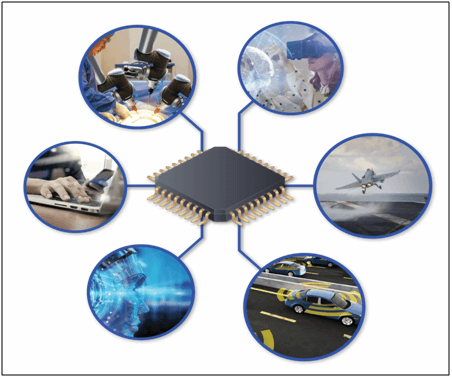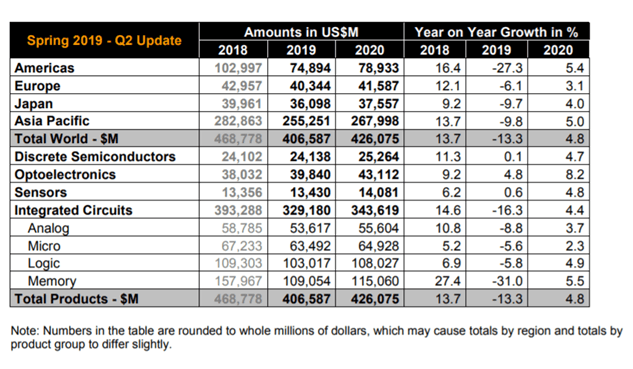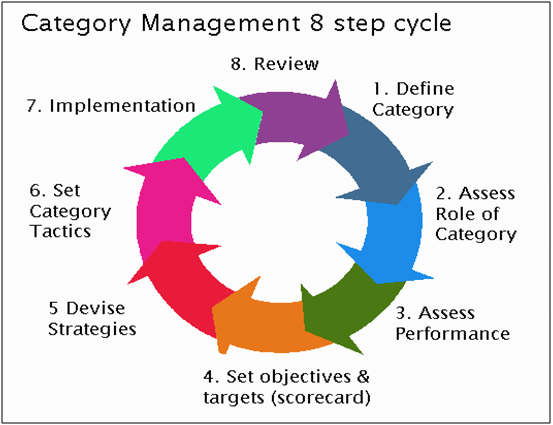Realistically there is no one factor that weighs over another factor when it comes to purchasing. It is a collective issue that ties together, that leads from one factor to another. In the case of purchasing semiconductors, the buyer needs to do an in-depth research for the best possible timing to purchase the materials/components for the best price for development of products.
Table of Contents
Functional Factor for Semiconductors
Semiconductors are the brains of modern age electronics, enabling technologies critical economic growth, national security, and global competitiveness.
Semiconductors advances leaps and bounds in communications, clean energy, health care, military systems, transportation, computing, and many other applications.
With upcoming types of technologies that brings impact on society, including virtual reality, the Internet of Things, energy-efficient sensing, brain-inspired computing, automated devices, robotics, and artificial intelligence. Semiconductors’ greatest potential lies ahead.

Semiconductor Market Statistics
In 2018, the worldwide semiconductor market was at a high of 13.7% which was at an all-time high. The market has gone through booms and busts every three to four years. The rapid growth of 2017 and 2018 contributed to the drop-off in the new forecast. There was a supposed increase in 2019, unfortunately due to factors like trade war, Brexit and weak Smartphone demand it led to 2019 semiconductor market downing 13.3%.

Global Sourcing for Semiconductors
Global sourcing enables one to source for goods from international countries across geopolitical boundaries. The main purpose is to exploit global efficiencies such as lower cost, inaccessible raw materials and other economic factors like low trade tariffs and tax breaks.Companies sourcing from both inside and outside their country borders are better able to compete. Global sourcing needs to face the rapidly changing global market environment.
Category Management for Semiconductor
Category management is defined as a “Retailing and purchasing concept where a range of products purchased by a business or sold by a retailer is broken down into groups of similar or related products”. Category management deters from determining the performance of individual brands, and towards the performance of categories of products. The aim is to provide a triple-win situation where purchasers, suppliers and consumers benefit.
In theory, category management provides opportunities for the purchase and selection of the product to meet the business needs. It is believed to achieve cost reduction, helping the company to take a selling perspective and helps to gain sales-building opportunities which addresses issues at the category level.

Marketing Mix Factors
With 4 components in the marketing mix, product, pricing, promotion and place of distribution and each of these components have a direct or indirect impact on the purchasing of materials.As a purchaser, factors like the quality of the product, price charged, availability of the product (bulk buy) at the required location and much more.
Economic Factor for Semiconductors
Demand has plunged for memory chips used in Smartphone, data centers and elsewhere. Memory sales, which makes up for roughly 30% of the semiconductor market, are seen falling by 30.6% in 2019.
Memory prices continue to decrease, even with the move to cut production and postpone spending. Large-lot prices of standard DRAMs are at almost 30% lower, and prices of NAND flash memory have fallen about 30% in half a year.
Builders of semiconductor-manufacturing equipment are also affected. Tokyo Electron in late May revised its three-year business plan released in 2018, extending the time frame for meeting the targets to within five years.
The full content is only visible to SIPMM members
Already a member? Please Login to continue reading.
References
Chakraborty Pallabi. (2017). “7 Important Factors That Influence The Buying Decision Of A Consumer”. Retrieved from https://www.linkedin.com/pulse/7-important-factors-influence-buying-decision-pallabi-chakraborty, accessed 10/08/2019.
Elsa Zhang Chunhao, DPSM. (2019) “Mitigating the Risks of Global Sourcing” Retrieved from SIPMM: https://publication.sipmm.edu.sg/mitigating-risks-global-sourcing, accessed 10/09/2019.
HideakiRyugen. (2019). “Global semiconductor market to shrink 12% in 2019: trade group”. Retrieved from https://asia.nikkei.com/Business/Business-trends/Global-semiconductor-market-to-shrink-12-in-2019-trade-group, accessed 01/09/2019.
Huang Qing Dian, PDPM. (2019) ” Six Effective Sourcing Techniques for Electronics Products”. Retrieved from SIPMM: https://publication.sipmm.edu.sg/six-effective-sourcing-techniques-electronics-products, accessed 10/09/2019.
Samsung. (2018) ” Transforming virtuality into reality”. Retrieved from https://www.samsung.com/semiconductor/solutions/virtual-reality-augmented-reality, accessed 26/08/19.
Semiconductor Engineering. (2019) “5G” Retrieved from https://semiengineering.com/knowledge_centers/communications-io/communications-systems/wireless/5g, accessed 22/09/2019.
Semiconductor Industry Association. (1977). “Industry Impact”. Retrived from https://www.semiconductors.org/semiconductors-101/industry-impact, accessed 15/09/2019.
World Semiconductor Trade Statistics. (2018). “Recent News Release”. Retrieved from https://www.wsts.org/76/Recent-News-Release, accessed 20/09/2019.
